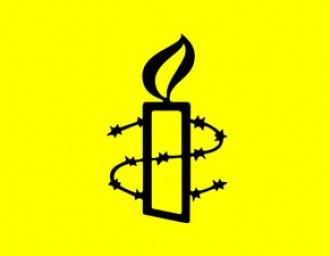Annual Report of the Amnesty International on the situation with human rights in Belarus

Prisoners of conscience remained in detention; civil society activists faced violations of their rights to freedom of expression, assembly and association; three men were executed, informs the report.
The introduction to the report says that “on 5 July, the UN Human Rights Council voted to appoint a Special Rapporteur on Belarus, following the adoption of a report by the UN High Commissioner for Human Rights which documented a serious decline in the respect for human rights since December 2010. Parliamentary elections on 23 September failed to return any opposition candidates. The OSCE election observation mission found violations of the rights to freedom of expression and association and concluded that the elections were not free or fair. On 27 August the Central Election Committee decreed that any candidates who called for an election boycott should be denied airtime, effectively depriving two opposition parties of any media coverage”.
Shortly before issuing the annual report on the situation with human rights in Belarus Amnesty International made a written statement to the 23rd session of the UN Human Rights Council, that is to take place on 27 May – 14 June 2013. The statement emphasized that “hundreds of persons in Belarus every year are directly deprived of their rights to freedom of association and assembly. Civil society organizations face closure, and individuals face prosecution if they criticize the authorities. Civil society activists face repressive legislation, presidential decrees, and overzealous interpretation of these laws and decrees by ministry officials and judges”.
In this statement Amnesty International conclude that law and practice in Belarus are not in line with international standards on freedom of peaceful assembly and association and urge the authorities to effect practical changes .
You can download the full text of the statement here.
-
03.01
-
07.10
-
22.09
-
17.08
-
12.08
-
30.09








































